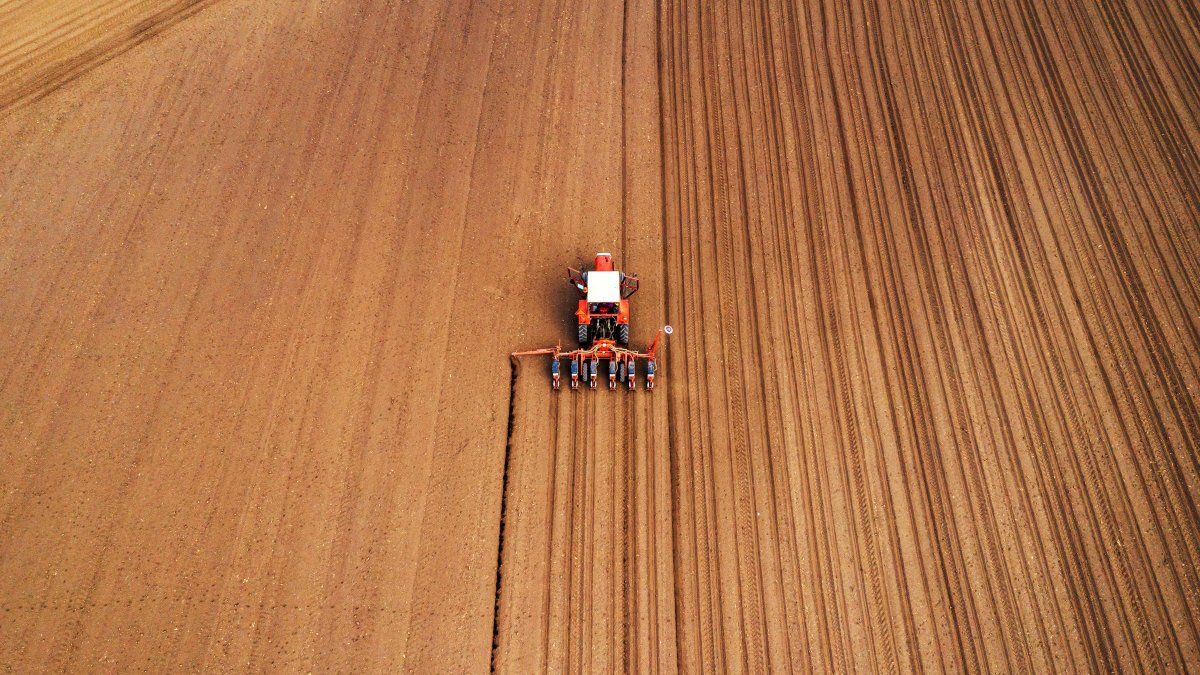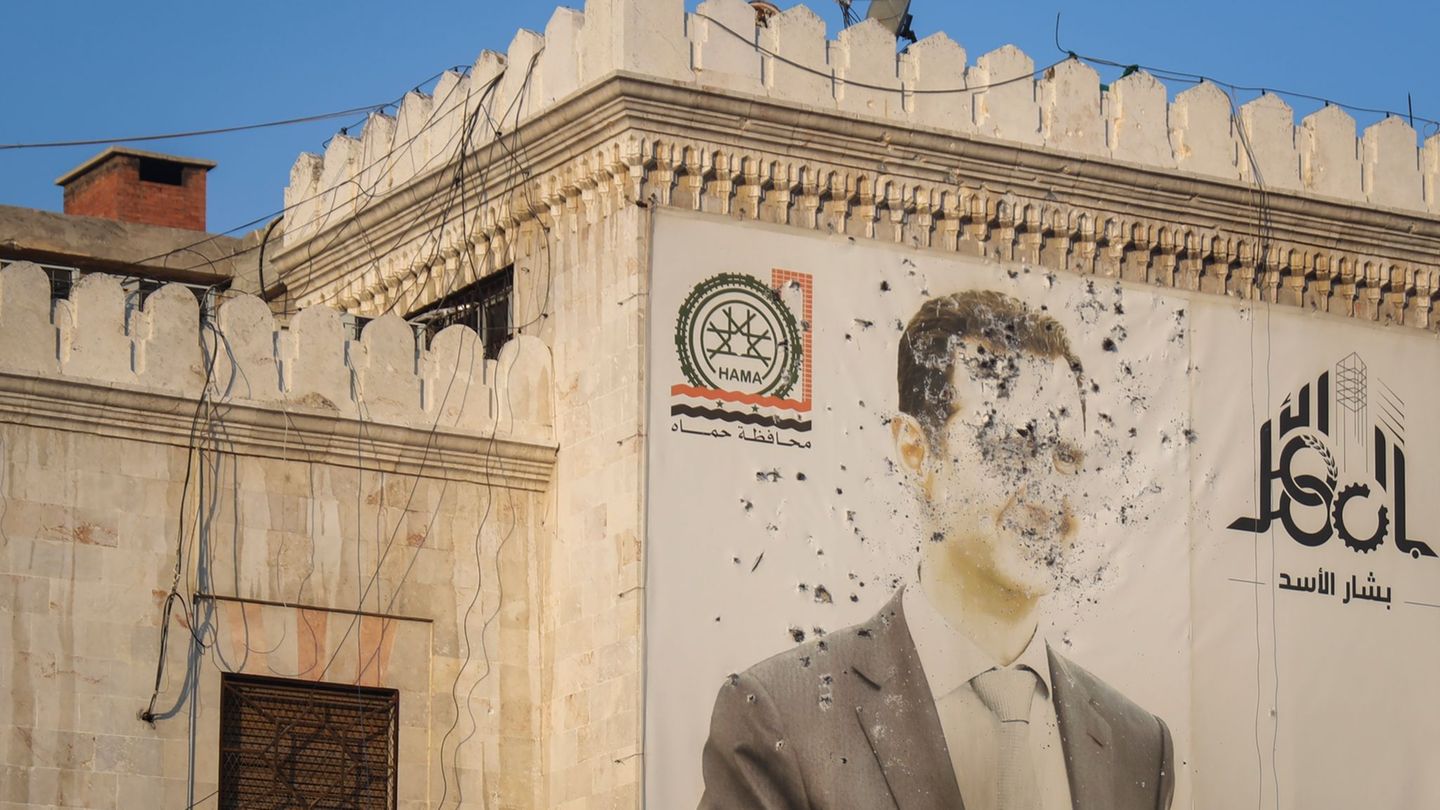For the first time since the government assumed, Javier Milei sat facing the greatest referents of the Argentine agriculture. The appointment took place at the Central Restaurant of La Rural de Palermo, a symbolic scenario that exposed the background tension: The agricultural campaign 2025/2026 shows margins to the limit, growing fiscal pressure and The feeling that Any setback can leave to Thousands of producers with negative results.
For almost two hours, Milei and her sister Karina –General Secretary of the Presidency– They listened carefully to the links of the link table, composed of Nicolás Pino (Argentine Rural Society), Andrea Sarnari (Agrarian Federation), Carlos Castagnani (Argentine rural confederations) and Lucas Magan (Coninagro). The closed meeting, without additional ministers or advisors, allowed a direct exchange that ended with a promise that the sector was looking forward to: the withholdings will be “the next tax that will be deleted”
But the news did not include dates or specific details. Meanwhile, the numbers are still red. According to the Rosario Stock Exchange, in rented fields in the core zone, the first -time soybeans would throw losses of up to US $31 per hectare, while corn would barely achieve a net margin of U $ S68always in a scenario of yields above average.
Field-Say-Techa-Retention.jpg
Milei said that the withholdings will be the next tax to be eliminated, although it did not give dates.
Depositphotos
The leaders arrived with data in hand that describe the magnitude of the crisis. Sow Early cornaccording to calculations from the Rosarina Stock Exchange, it requires an initial investment of U $ S1.190 per hectarewhile the soy demand some U $ S680. This difference is not minor and forces to decide if it is worth risking more capital in a context of costs that rise in dollars and profitability that shrinks.
The return of withholdings to full levels from July 1 – 33% for soybeans and 12% for corn – deepened the fiscal pressure at a time where international prices do not accompany.
Fleets represent another structural problem: Transport is equivalent to 29% of the total cost of corn and 20% in soybeansa percentage that leaves producers away from the ports out of competition. In areas of NOA, southern Córdoba or the West Buenos Aires, the combination of distance, low productivity and high tax burden converts the campaign into a risky bet.
The inputs also rose strong: the urea climbed US $ S80 per ton, the U $ 20 phosphate and the fuels increased all agricultural work. For the Buenos Aires Cereal Stock Exchange, this sustained increase limits the ability to apply Complete technological packages and leaves many lots exposed to losing competitiveness against other exporting countries.
But what worries most is that, even in regions of high productivity, the margins are pressed by costs that do not stop growing. The Rosarina bag calculates that with harvest prices around AU $ S284 per ton for YU $ S173 soybeans for corn, only exceptionally high yields will allow closing the campaign with positive numbers. Any climate or logistics setback can convert A planning adjusted in a significant economic loss.
The presidential commitment: Withholdings in the sight but without a defined date
Faced with this panorama, the presidential promise was received with caution. “Milei said the withholdings are the next tax that is going to be lowered and that the reduction will be definitive, not transient. But did not give dates,” Andrea Sarnari said when leaving the meeting. According to the leader, the president listened carefully to profitability problems and the urgency of generating a clearer horizon. The concern for the future of INTA also remained on the table, after the decree that cut its budgetary autarchy. In addition, Sarnari detailed that the president was told that “INTA is key to sustaining innovation throughout the territory. It was receptive, although it did not advance in details.”
In dialogue with the press, Pino stressed that the meeting was “A gesture of political recognition“Towards Agro.” Milei reiterated that the field is the most competitive and productive sector in the country. His commitment, he said, is with production, not with parties, ”he said. The head of the Rural Society also remarked that tax predictability is indispensable if you want to maintain the investment.“ The macroeconomic order must be consolidated. If there are no stable rules, it is impossible to plan, ”he summarized.
The president of Coninagro valued the direct dialogue instancebut recalled that The situation is limit. “We were not accustomed to such an extensive meeting with a president. It is important to highlight it. But that does not mean that we stop raising the problems. The productive situation is very delicate,” said Magnano.
For his part, Castagnani explained that the president appointed an official with a high rank – not linked to Senasa – to attend claims about the Patagonian health barrier and the enabling of meat entry with bone, a measure that generated rejection in producers from the South.
The leaders anticipated that the inauguration of the Rural Expo, scheduled for July 17, could be the scene of more concrete definitions since whenever a president comes to the Rural there is expectation. All rural leaders agreed that “Milei knows that his speech will be very observed.”
Milei La Rural Campo Pino.jpeg

The focus will be put in Javier Milei’s speech at the Rural Expo.
The truth is that if there is no tax changes or an improvement of international prices, the combination of high costs, tax pressure and expensive financing will affect investment decisions and could lead to a productive setback. With this premise, the BCR projects that the sown area could be stable, but with lower investment in technology, fertilization and crop protection. A scenario of these characteristics raises the risk of performance falls and cuts competitiveness against other supplier countries.
For many medium and boys, the campaign that begins to delineate is among the most uncertain of recent years. The urgency by clear rules and a fiscal relief does not respond only to a matter of profitability: in some regions, the continuity of the activity depends on the presidential commitment is concretized soon. In favor of the ruling, it is important to emphasize that the international prices – fundamental to the Peronist governments – do not accompany and are very far from providing Milei with that “tail wind” that our country had for several years. For now, the promise of a definitive reduction of retentions is the only horizon, but as long as concrete measures do not arrive, uncertainty will continue to mark the agricultural agenda.
Source: Ambito




